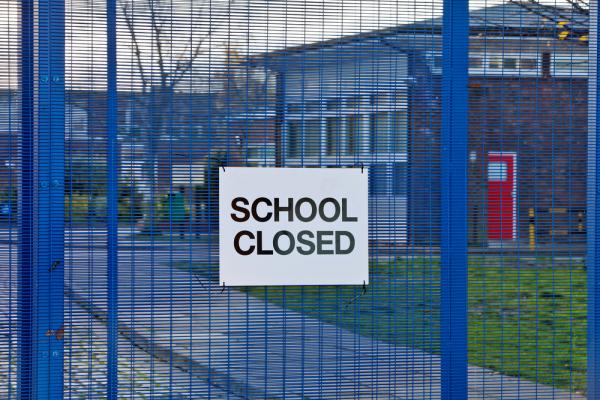Mar 2, 2018
In this environment, it has been easy to overlook what in any normal week would be a top story. Since Feb. 22, West Virginia public school teachers and employees have been forcing the state's 55 county boards of education to shut down, citing inadequate pay and climbing health insurance costs. That is every teacher, every public school, in the entire state. Though a strike of this scale is extraordinary, it is not without precedent. In 1990, West Virginia teachers in 47 counties stopped work and earned an across-the-board $5,000 pay increase for teachers throughout the state.
Read the Full Article

Already a subscriber? Login
